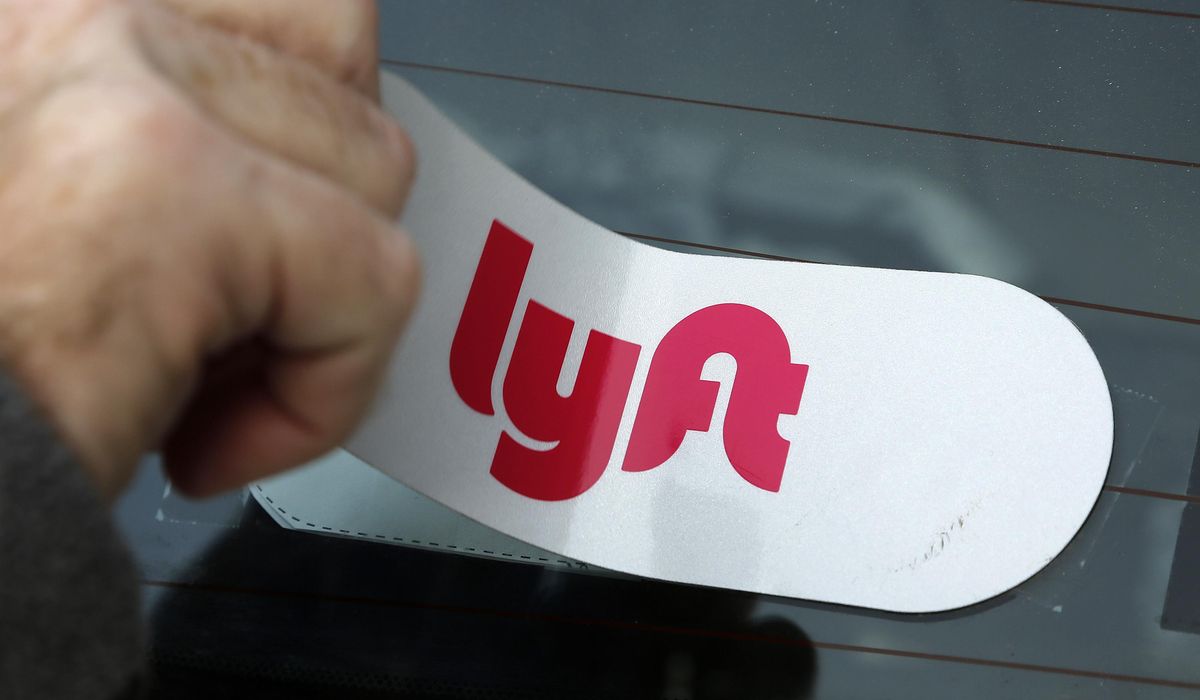


Lyft accused the city of San Francisco of sending an incorrect tax bill that overcharged the rideshare company by $100 million.
In a suit filed in California Superior Court on Monday, Lyft said San Francisco tax officials incorrectly tabulated the company’s tax bill by counting driver compensation as company revenue.
Lyft says any revenue it receives is paid directly from the drivers, whom the company categorizes as customers, not employees.
According to California law, rideshare drivers are not employees and are instead considered contractors.
“Accordingly, Lyft recognizes revenue from rideshare as being comprised of fees paid to Lyft by drivers, not charges paid by riders to drivers,” the company wrote in the suit. “Lyft does not treat drivers as employees for any purpose.”
Additionally, the company said the city’s tax methodology is at odds with the Securities and Exchange Commission, which doesn’t see driver compensation as revenue.
Lyft is seeking compensation for the tax bill it says it overpaid. It also wants changes to the way San Francisco calculates the company’s tax bill.
This week’s suit isn’t the first time San Francisco has been sued for overtaxing companies. Last year, General Motors sued the city over a $108 tax bill. The company said it didn’t have a large enough presence in the city to justify the bill. However, San Francisco said the existence of the company’s robotaxi subsidiary, the now defunct Cruise, justified the bill. The two parties settled last February.
• Vaughn Cockayne can be reached at vcockayne@washingtontimes.com.
